The Department of Homeland Security (DHS) clarified who is subject to the registration requirement, and established a new form G-325R and online process by which unregistered foreign nationals may comply with this requirement.
WHO IS ALREADY REGISTERED? Therefore, don't need to register.
Certain categories of foreign nationals are considered registered:
- Lawful permanent residents (also known as green card holders);
- Foreign nationals who have applied for lawful permanent residence and provided their fingerprints;
- Foreign nationals who were issued immigrant or nonimmigrant visas before their last date of arrival;
- Foreign nationals issued an employment authorization document (also known as an EAD card);
- Foreign nationals who were issued a Form I-94 or Form I‑94W (paper or electronic), even if the period of admission has expired;
- Foreign nationals issued Border Crossing Cards;
- Foreign nationals placed into removal proceedings; and
- Certain foreign nationals who have been paroled into the United States.
Most foreign nationals who are authorized to work in the United States will have automatically been registered. For example, employees admitted to the United States in H-1B or L-1 status should have been issued a Form I-94 record (item 5 above). The Form I-94 can be accessed online, printed, and carried as proof of registration. Individuals granted an EAD card (item 4 above) will also have been automatically registered.
Foreign nationals not falling into one of the above categories may be required to apply for registration via the method described on the USCIS webpage on Alien Registration.
These who have to register include:
- Foreign national children who turn 14 years of age in the United States, regardless of whether they were previously registered. The application for registration must be submitted within 30 days of the child’s 14th birthday.
- Canadian visitors not issued a Form I-94 when entering the United States, typically at a land port of entry. This applies only if the visit to the United States is for a period of 30 days or more. Canadian citizen travelers may reference the U.S. Mission to Canada webpage on this topic.
- Foreign nationals who entered the United States without inspection and admission (illegally or EWI), and who are not otherwise registered.
CARRYING PROOF OF REGISTRATION IS REQUIRED
All registered foreign nationals must carry proof of registration on their person at all times in the United States. The available proof of registration will depend on the category under which the foreign national is registered, as listed above. For example, lawful permanent residents should carry their permanent resident cards (green cards).
Non-immigrants, such as H-1B and L-1 visa holders, should carry a physical copy of the Form I-94 record or the nonimmigrant visa in the passport.
NOTES
- Confirm Registration Status: Verify registration status by checking documentation against those listed on the USCIS webpage for Alien Registration.
- Print and Carry Proof of Registration: Carry proof of registration at all times in the United States.
- Set Reminders for Children Under 14: Create reminders to register any children who will turn 14 years of age while living in the United States.
- Report Address Changes: Report changes in residential address within 10 days of moving.
- Monitor for Legal Changes: Monitor the USCIS webpage on Alien Registration for updates or changes to registration requirements.

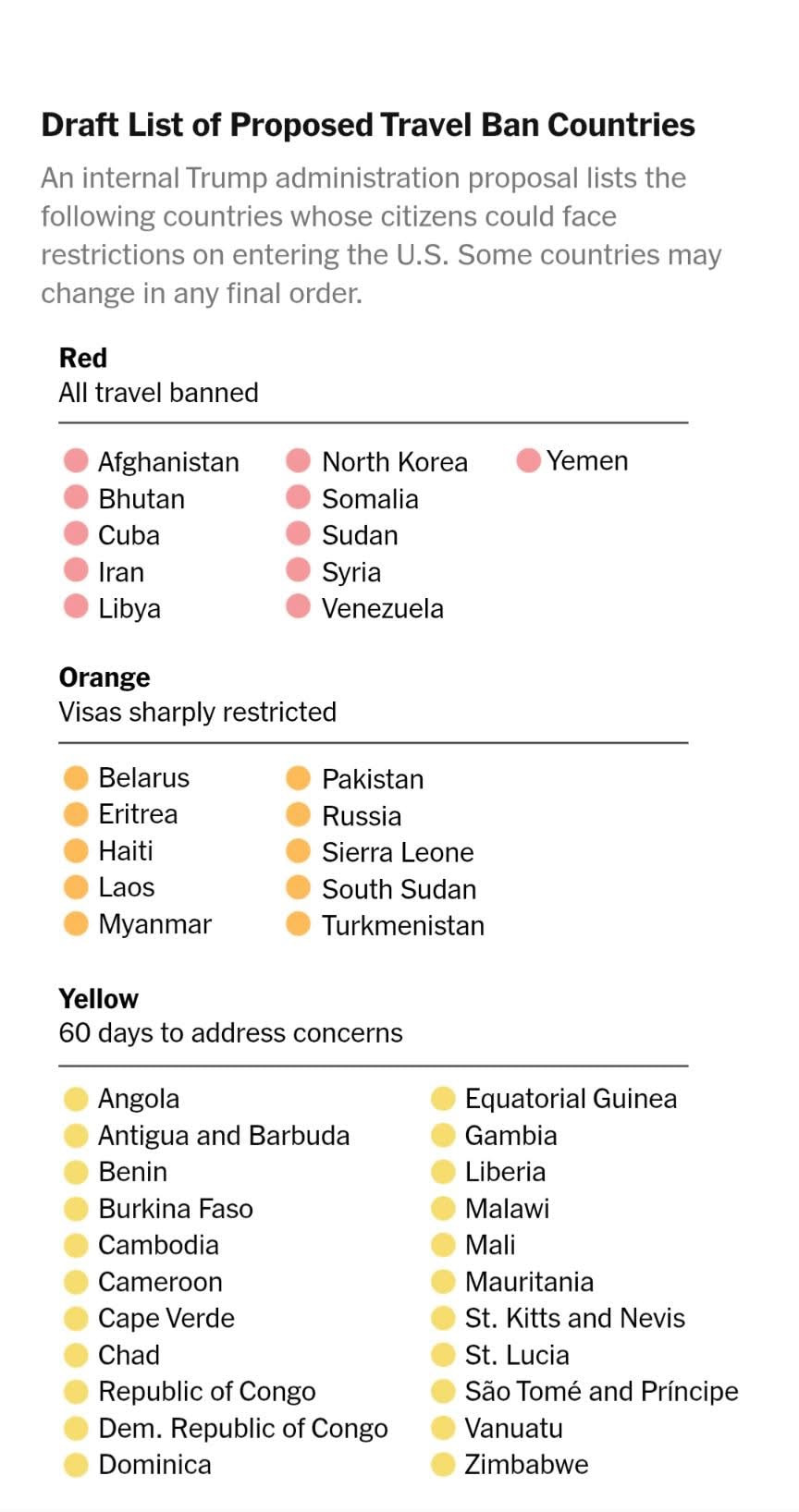

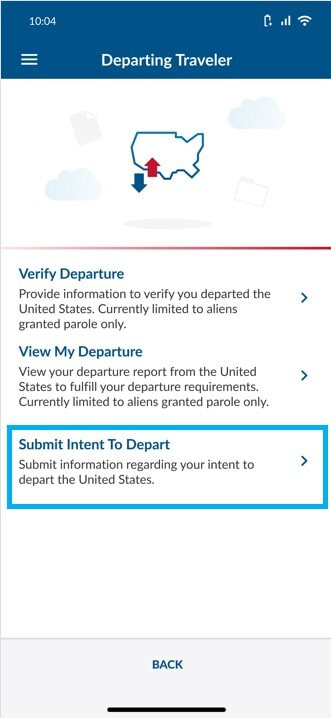
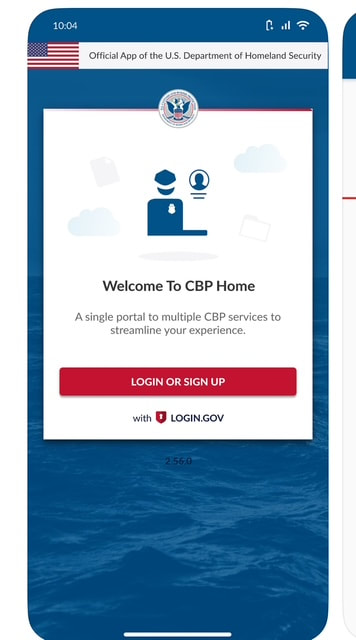
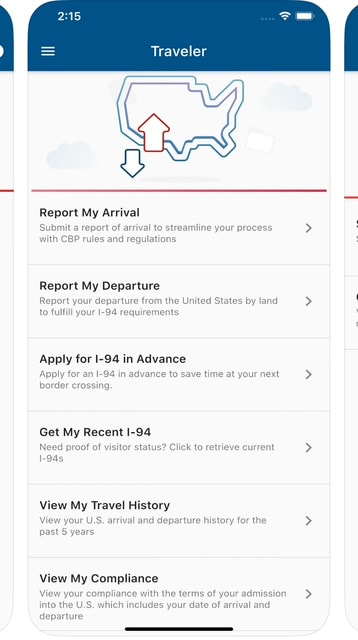




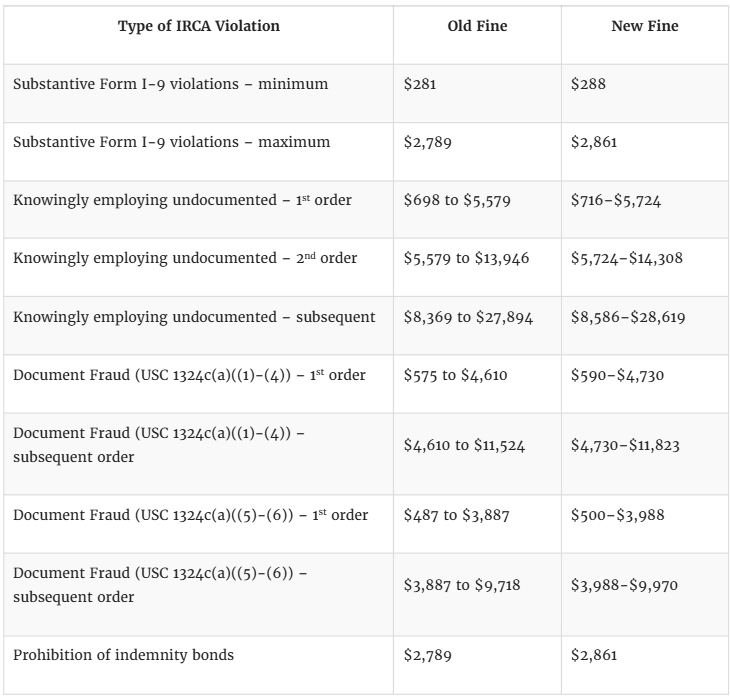


 RSS Feed
RSS Feed